With winter just around the corner, many of us are turning on the radiators and reaching for the thermostat. It’s also a crucial time, however, to think about the safety and effectiveness of our heating system.
Boilers and central heating systems are important parts of any home, but they require careful attention in order to work correctly and safely. There’s no need to worry though, taking a few easy steps can ensure you and your family stay warm and protected.
In this post, we will look at the most common heating hazards, some simple prevention tips, and the tell-tale signs that indicate it may be time for a boiler replacement or upgrade.
Tips to Avoid Common Home Heating Hazards
Whether you heat your home with a boiler or portable heaters, there are a number of risks involved. Many of the common hazards can be avoided, however, if you understand your systems and know exactly what to look out for.
Below are the most common home heating hazards, with key tips on how to best avoid these situations and prevent future problems.
Carbon monoxide poisoning
With many boilers running on natural gas, the risk of carbon monoxide poisoning is a very serious possibility. Carbon monoxide (CO) is a deadly, odourless gas that can be produced by faulty gas appliances.
To combat this risk, however, there are simple steps to take:
- Install a carbon monoxide detector near the boiler and sleeping areas. This alarm will alert you to any traces of the gas so that you can quickly exit the property. Any home with gas appliances should have at least 1 detector installed.
- Ensure your appliances are serviced annually by a Gas Safe registered engineer. This yearly service will pick up any faults and prevent leaks from occurring. If you rent your property, your landlord should be undertaking this servicing for you as a standard.
Gas leaks
Any appliance which runs on flammable fuels is a risk to safety. Gas leaks, in particular, can lead to fires or explosions. To stay safe from these risks, it’s important to check for:
- Damaged or corroded gas pipes
- Faulty connections on gas appliances
- Improperly installed gas appliances
If you smell gas in or near your home, call the National Gas Safety Line on 0800 111 999. This is a free, 24-hour line which will instruct you on next steps.
Boiler-specific hazards
Although our boilers are an essential part of our homes, providing us with hot water and heating, they are also potentially very hazardous if not properly maintained.
There are some key issues a boiler can experience
- Leaks: If your boiler is leaking, it can indicate a serious problem. This could be caused by corroded pipes, faulty pressure or damaged seals.
- Pressure: If your boiler is continually losing pressure, or the pressure is too high, it can be very inefficient and potentially dangerous.
- Frozen pipes: Outdoor pipes leading from your boiler can be subject to harsh weather. In particular, during colder temperatures, condensate pipes can freeze, shutting down your entire system.
If you have any of the above issues, it’s crucial that you seek professional input from a qualified engineer. Many of these problems can be resolved; however, dealing with an old, faulty boiler can not only be dangerous but also costly.
Extensive repairs and services add up over time, and older boilers (10+ years) are much less reliable. If you’re in a position to do so, a new combi boiler installation might be easier and the safest option.
New boilers are highly efficient, made with the latest technology and many have extended warranty options to ensure they are protected against faults. They can also come with filters and anti-freeze functions to keep your boiler healthy and safer for longer.
Additional Hazards to Look Out For
Not all heating hazards are caused by gas; there are also dangers to be mindful of when using other elements. Some of these include:
Portable heaters
Electric heaters can be a fantastic way to heat specific spaces and save money compared to running the boiler. However, any use of electricity in the home comes with risks and that can be doubled when producing heat. Portable heaters can be a fire risk, but can also cause injury.
Things to look out for:
- Old or damaged wiring which can pose fire risks
- Placing the heater too close to flammable materials
- Tripping hazards from trailing cords
- Potential for burns, especially for children or pets
- Overloading plug sockets, or using high-wattage devices in incompatible sockets.
Open/Wood Fires
Many homes have wood-burning fires or open-flame heating as part of their decor. Whilst most of these setups do come with protective mantles or grates, it’s still a good idea to be familiar with the risks and precautions to take with these heating options, particularly for families with small children and pets.
- Regular maintenance: It’s important, ahead of winter, to ensure your chimney is swept professionally. Depending on the type of fuel you burn, and the frequency, a sweep should be done between 1 – 4 times per year (coal and wood burning produces the most debris).
- Fire safety equipment: Use a fire or spark guard that conforms to relevant safety standards, install smoke and carbon monoxide alarms and test them monthly.
- Surrounds: Keep flammable items away from the fireplace; check the hearth, floor, and furnishings near the fire for hot sparks before leaving the room unattended; and keep children and pets at least 3-4 feet away from the fire source.
It’s important to note that while these heating methods can be cosy and appealing, they require diligent maintenance and careful use to ensure safety.
Key Safety Tips to Start Today
Thinking about these potential hazards can be a bit scary, but the good thing is that you’re aware of them! Going forward into the winter months you can be more prepared, here are some key points to take away:
- Have an annual boiler service by a qualified professional (Gas Safe registered engineers for gas boilers, and OFTEC registered for oil boilers)
- Install and maintain smoke and carbon monoxide alarms
- Be aware of, and check for, the signs of potential boiler problems
- Use heating appliances as intended and follow the manufacturer’s instructions
- Consider a boiler upgrade if your boiler is old, faulty and unreliable
Being aware of these common hazards and taking appropriate precautions can significantly reduce the risks associated with all types of home heating. Take these steps today to keep your family and your home safe, warm, and comfortable this winter.

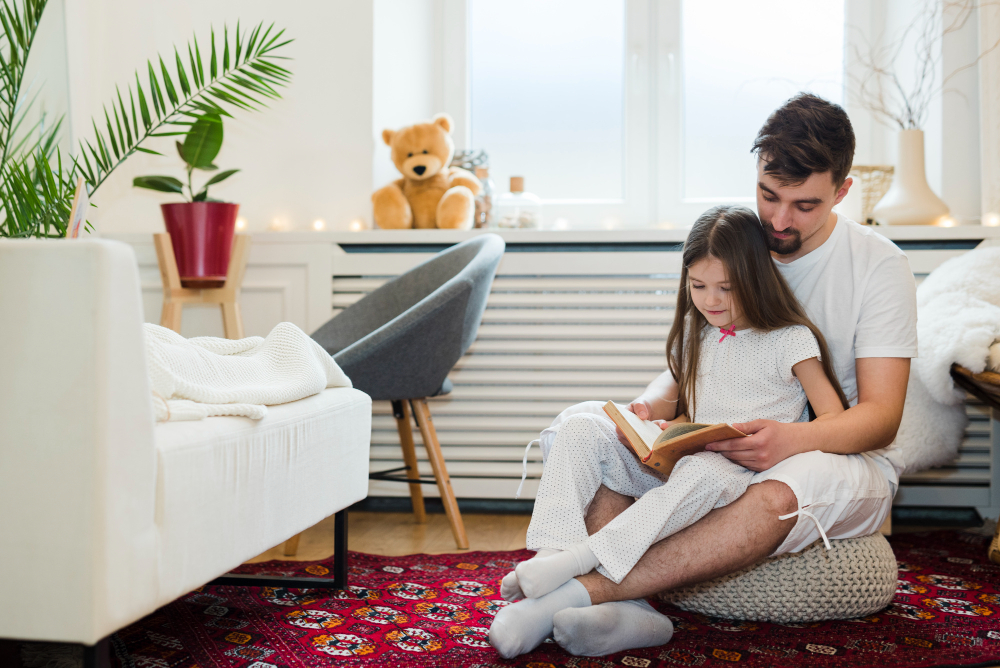



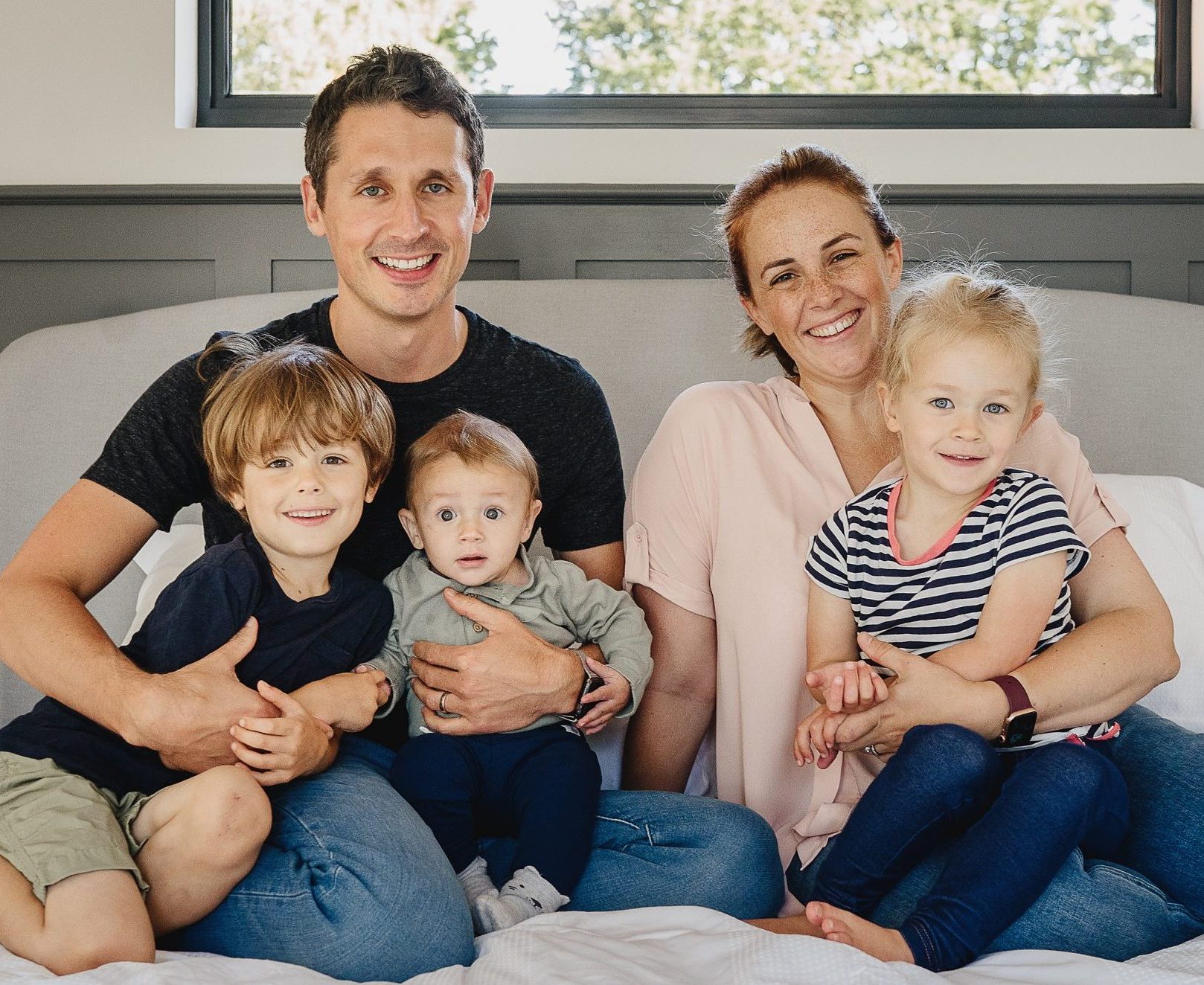
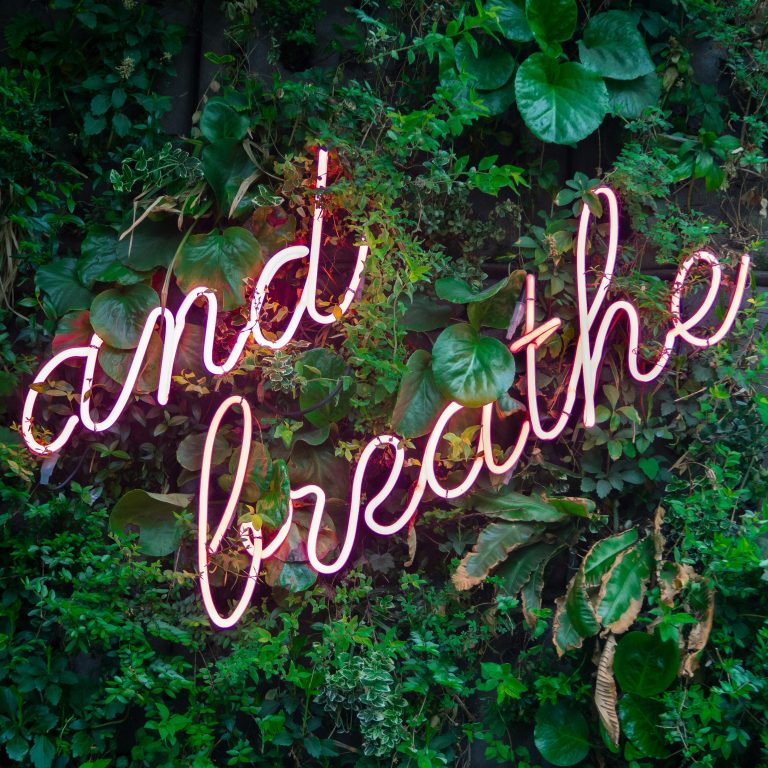
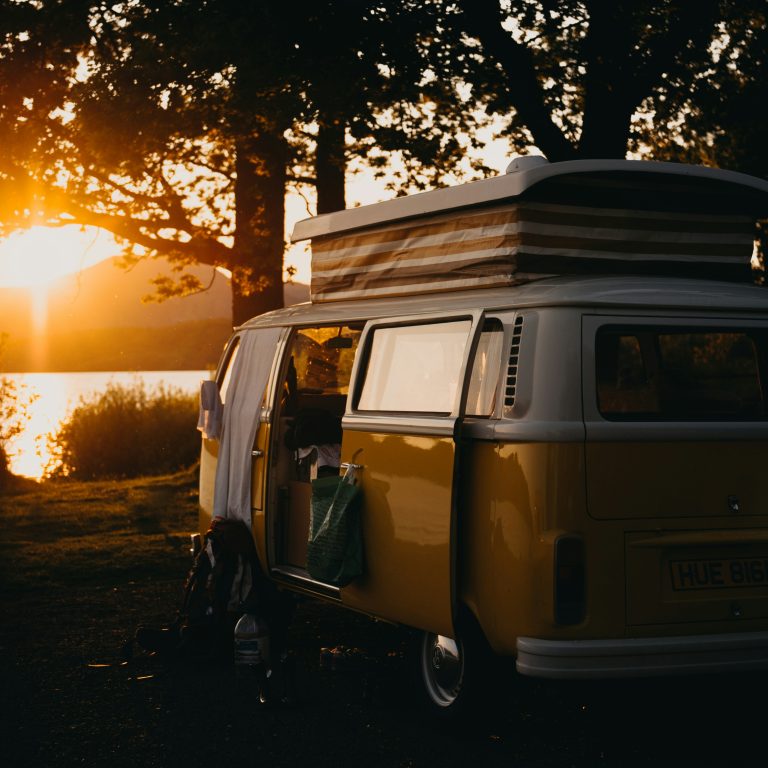
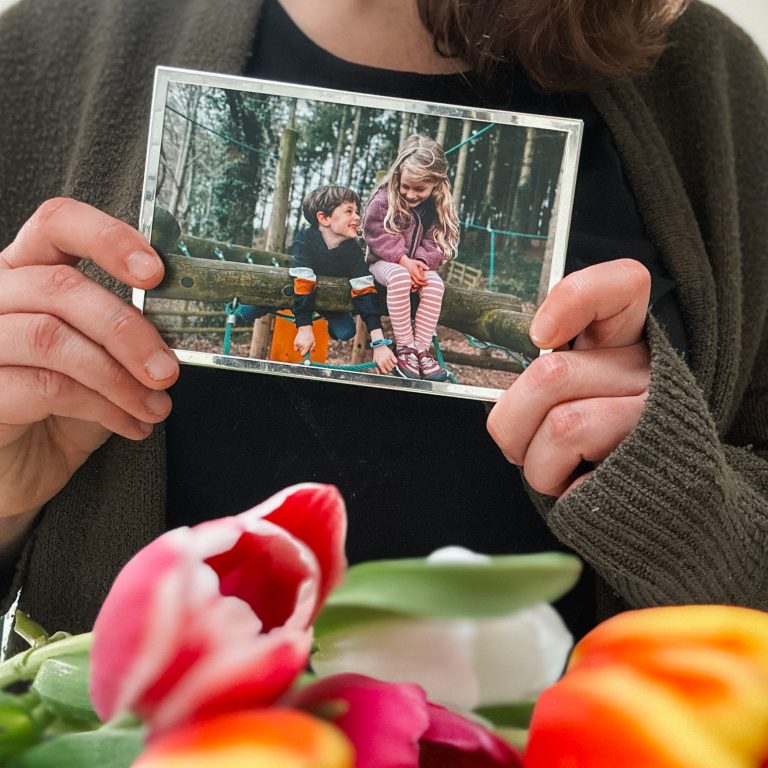
No Comments